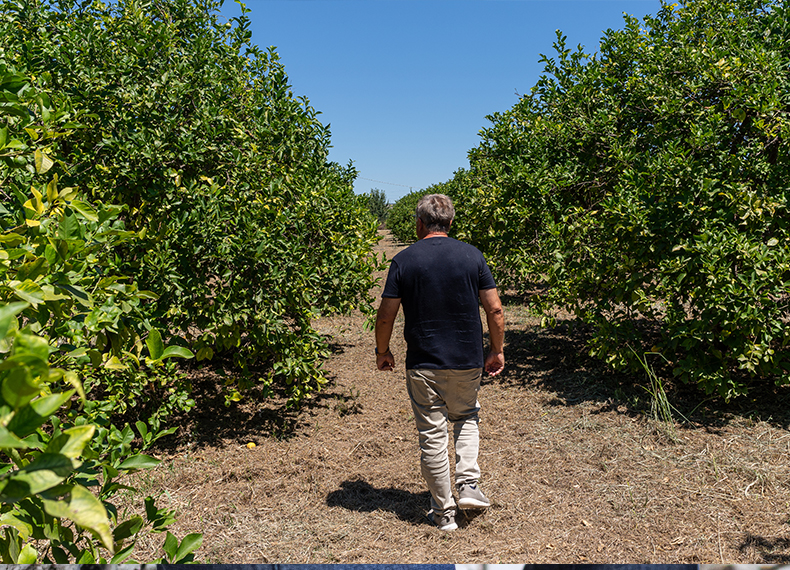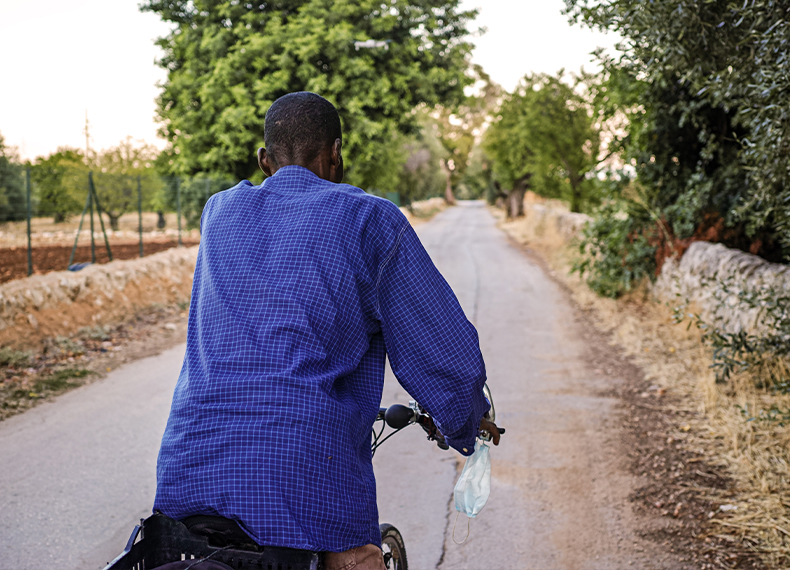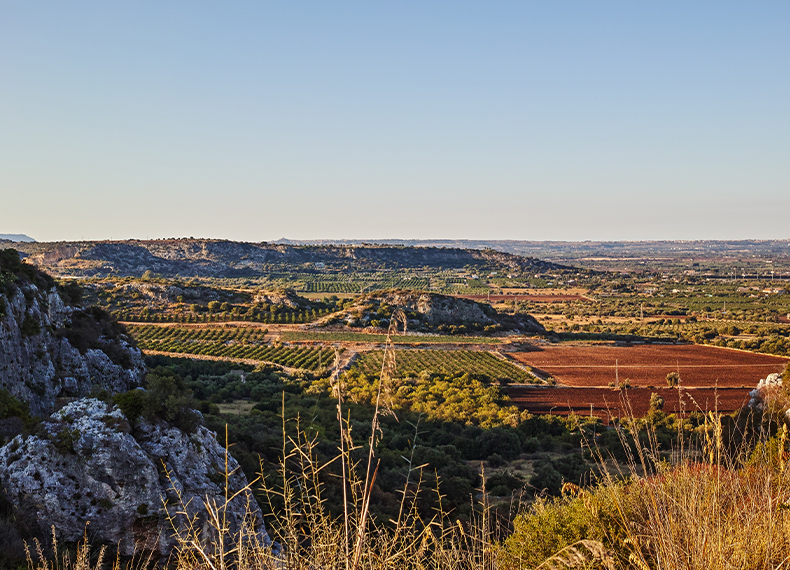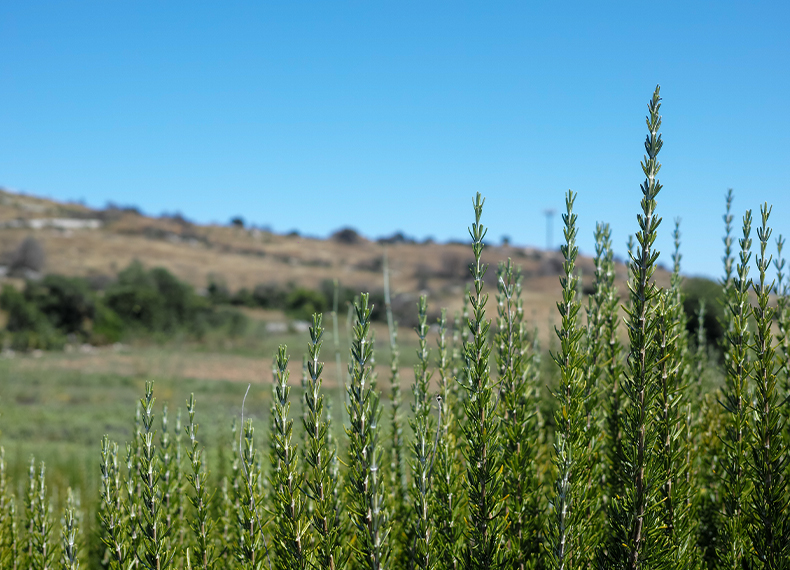
Syracuse
Much depends on the government officials, labour unions, civil society, and farm owners that prize quality and ethics over cheap exploitation
Background
In the Cassibile section of the city, hundreds of people come from countries in sub-Saharan Africa to find hospitality and essential work. The farmland in the outskirts of the city lies a few meters away from the remains of a church, the former center of a now-abandoned fiefdom.
Here, crime has long been accepted in the agricultural sector. It’s a place where seasonal workers are subjected to illegal recruitment and blackmail, where they are forced to pay to take a shower or charge their smartphones. But some people are fighting for change. Much depends on the government officials, labour unions, civil society, and farm owners that prize quality and ethics over cheap exploitation.

Seasonal workers
Seasonal workers who live in Cassibile prefer not to talk about work. One of the first Italian words they learn is “caporale,” a term for people who recruit day laborers in a way that circumvents the law. They harvest potatoes, strawberries, and cauliflower. The most experienced workers go to the citrus groves, where skilled labor is required.
- Most laborers working in the fields do not even know their employer
- Faceless recruiters deduct fees from workers’ hourly wages to pay for their transportation to the countryside
- They blackmail the workers, who are often undocumented, into accepting any salary conditions

Farm owners
Illegal hiring is most prevalent on small farms, especially those managed by families. Often, these small farms compete with one another to post the lowest prices, against their own interests. Larger farms apply rigorous protocols to ensure safety throughout the supply chain.
- Farm workers that follow the law want more checks on small- and medium-sized agricultural enterprises, which are considered the worst offenders
- They seek to establish a transparent programme to match workers with farms, meeting supply and demand and removing the need for illegal recruiters
- They also push for product certification, so the consumer can understand the origins of the food they buy

Labor unions
Unions have a long road ahead. It may take years to completely transform the agricultural sector in Syracuse, and progress is always vulnerable to setbacks. Despite the difficulties, conditions for workers in Cassibile have improved. Their common space now includes a water fountain, a room with lights, and a proper toilet, marking a step toward a decent working environment.
- Trade unions argue that, in most cases, illegal recruiters are often migrants themselves, who are then hired by farm owners to recruit fellow migrants
- They, too, seek to establish a transparent programme to match workers with farms
- They also maintain that price controls would avoid inconsistencies between costs in the field and costs to consumers

Government officials
The city of Syracuse has long been defined by welcoming those looking for a better life. Hospitality is in the island’s DNA. Visit a church in the main square of Ortigia, and you’ll find a Greek temple – the only such case in the world. Still, every year, the local government faces the “Cassibile question.” The officials are aware of the problems associated with the agricultural sector. Solving them, however, is a minefield.
- Local officials need outside support; they do not have the capacity to solve the problem alone
- They claim that the tent camps are undignified housing solutions, but they do not have a viable alternative
- Their main focus is on building a network, especially through open discussions with farm owners, union representatives, and civil society

Civil society
They reach out to migrants, try to understand their customs and traditions, and help them integrate into a new reality. Civil society plays a fundamental role in the fight against illegal hiring. Beyond norms and legal agreements, these organizations sustain continuous, constructive dialogues that help everyone understand the problem and possible solutions.
- Civil society organizations fight for the universal recognition of migrants’ rights, a key starting point for local development in the agricultural sector
- They provide workers with legal protection services, as well as the possibility to establish a fixed address to receive mail
- Collaboration between local groups, which often act on their own, could have a positive multiplier effect
